Introduction
Understanding the Shetland Sheepdog temperament helps you connect with your pet.
- They are friendly, energetic, and affectionate companions
- Shelties thrive in active households with regular exercise
- This breed is often reserved around strangers but warms up with time
- They are highly trainable and excel in obedience and agility
- Understanding Sheltie temperament helps you bond better with your dog
1. Friendly and Affectionate Nature
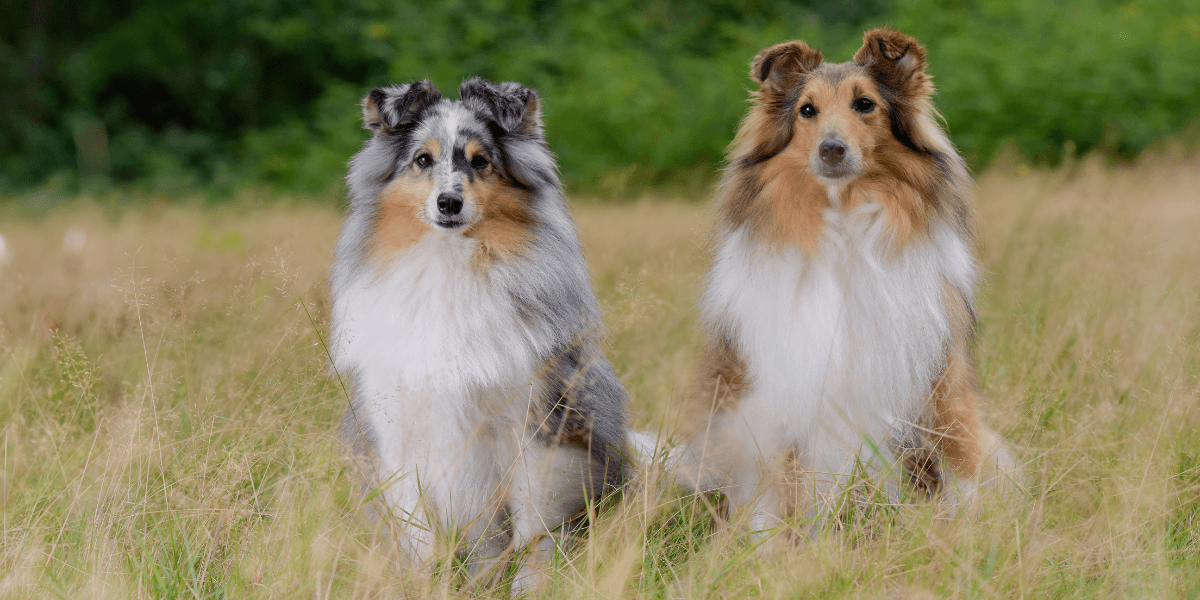
Shetland Sheepdogs are known for their warm, loving demeanor.
- Loyal: Shelties form deep bonds with their family members
- Affectionate: They love to cuddle and seek attention from their owners
- Gentle: Shelties are soft-hearted and gentle around children
- Sensitive: They respond well to positive reinforcement and praise
- Companionable: Shelties enjoy being part of family activities
2. Intelligent and Trainable

Shetland Sheepdog Temperament is intelligent and eager to learn new commands.
- Quick Learners: Shelties grasp commands quickly with consistent training
- Obedient: They excel in obedience training and agility sports
- Alert: Their intelligence makes them excellent watchdogs
- Adaptable: They adjust well to various training methods and routines
- Focus: Shelties thrive in activities that challenge their minds
3. Energetic and Playful

Shelties have a high energy level and love engaging in activities.
- Active: Shelties need daily exercise to stay happy and healthy
- Playful: They enjoy games like fetch, frisbee, and tug-of-war
- Agility-Lovers: Shelties excel in agility courses and competitions
- Endurance: Their stamina makes them ideal for long walks or hikes
- Interactive: They love interactive toys that stimulate their minds
4. Reserved Around Strangers
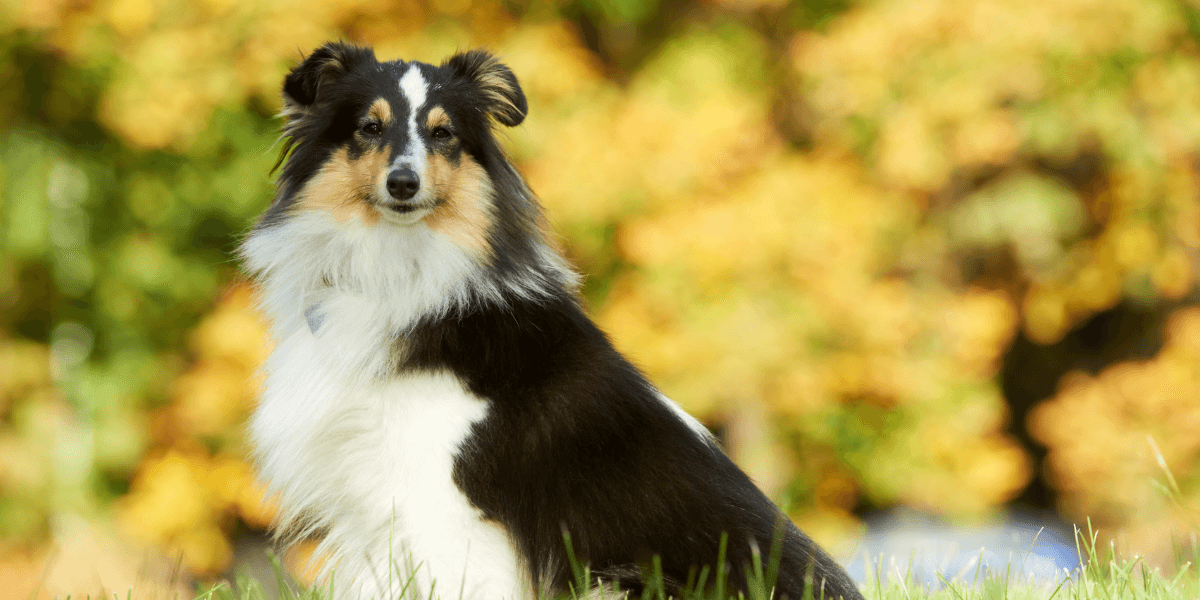
Shelties can be shy or cautious around new people.
- Cautious: Shelties tend to be reserved when meeting strangers
- Alert: They are quick to alert their owners of unfamiliar sounds
- Observant: They watch closely before approaching new people
- Protective: Shelties may act protectively around their loved ones
- Trust-Building: With time, they warm up to friendly strangers
Learn how Shelties' reserved nature compares to German Shepherds as family pets.
5. Vocal Tendencies
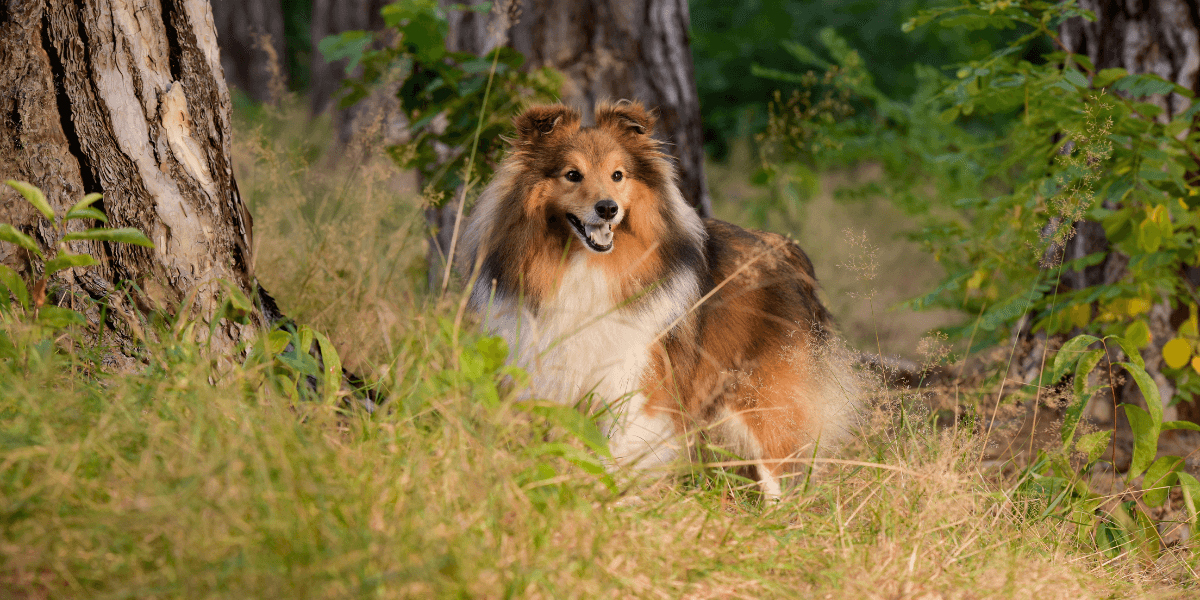
Shelties are known for their barking, which can be both a pro and a con.
- Expressive: Shelties use barking to express their emotions
- Alert Barkers: They bark to alert you of any unusual activity
- Attention-Seeking: Barking is often used to gain their owner's attention
- Training Needed: Consistent training helps manage excessive barking
- Communication: Shelties use different barks for different situations
6. Sensitive to Environment
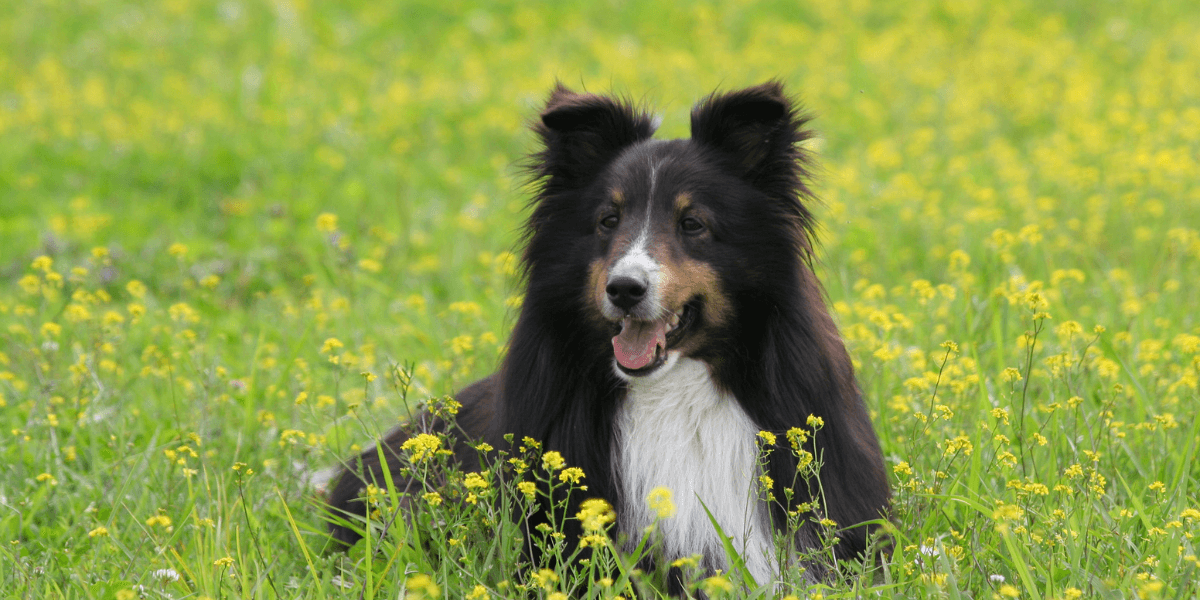
Shelters are highly aware of their surroundings and changes.
- Observant: Shelties notice small changes in their environment
- Routine-Lovers: They prefer a consistent routine and environment
- Weather-Sensitive: Extreme weather can affect their behavior
- Social Sensitivity: They may become stressed in chaotic settings
- Adaptable: With support, they adapt to new environments
Discover training tips to manage your Sheltie's vocal tendencies, inspired by Great Dane training methods.
7. Strong Herding Instinct
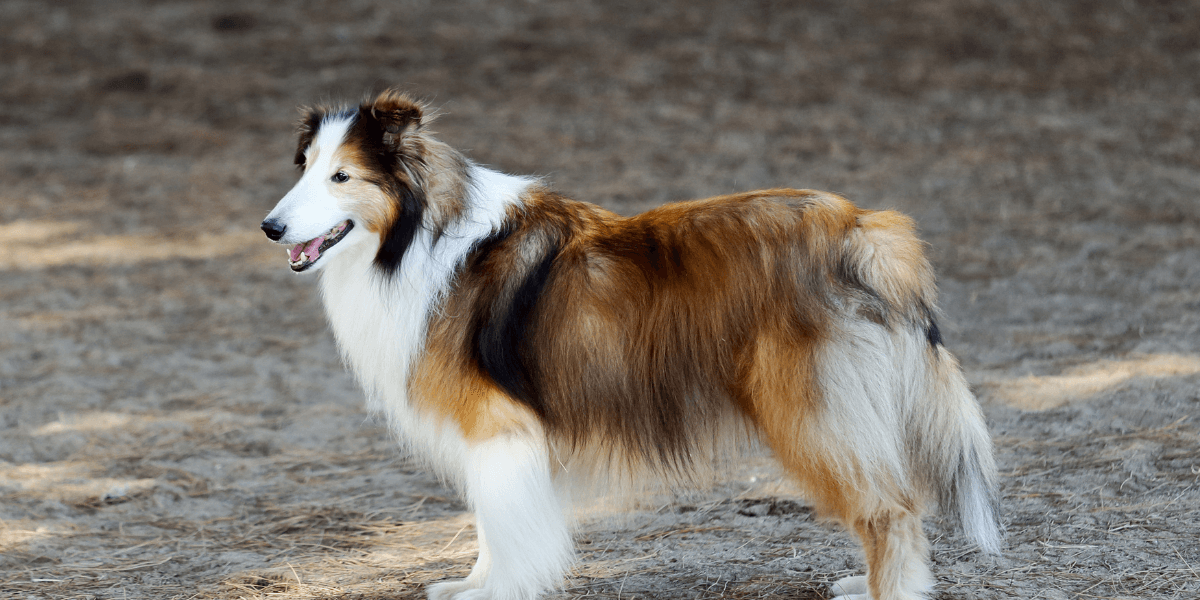
The breed retains its original herding tendencies, even as pets.
- Instinctual Herding: Shelties may try to herd people or other pets
- Chasing Behavior: They often chase moving objects or animals
- Nipping Tendency: Herding instincts may lead to playful nipping
- Training Required: Redirecting this behavior is possible with training
- Herding Sports: They excel in herding trials and similar activities
Explore how Bernese Mountain Dog training techniques can help manage your Sheltie's strong herding instinct.
FAQs
1. What is the temperament of a Shetland Sheepdog?
- Shelties are intelligent, affectionate, energetic, and trainable
2. Are Shelties good with children?
- Yes, they are gentle and typically good with children
3. Do Shelties bark a lot?
- Shelties are vocal but can be trained to control excessive barking
4. Are Shelties easy to train?
- Yes, they are highly trainable and respond well to positive reinforcement
5. Do Shelties get along with other pets?
- Generally, yes, but early socialization is important for best results
Conclusion
- The Shetland Sheepdog temperament is a mix of intelligence, loyalty, and affection
- They require mental stimulation and regular exercise to stay happy
- Understanding their temperament helps ensure a strong bond
- Training and socialization are key to managing their vocal tendencies
- These sensitive, active dogs thrive in a structured, loving environment
- Consider a Sheltie if you want a loving, energetic, and loyal companion



